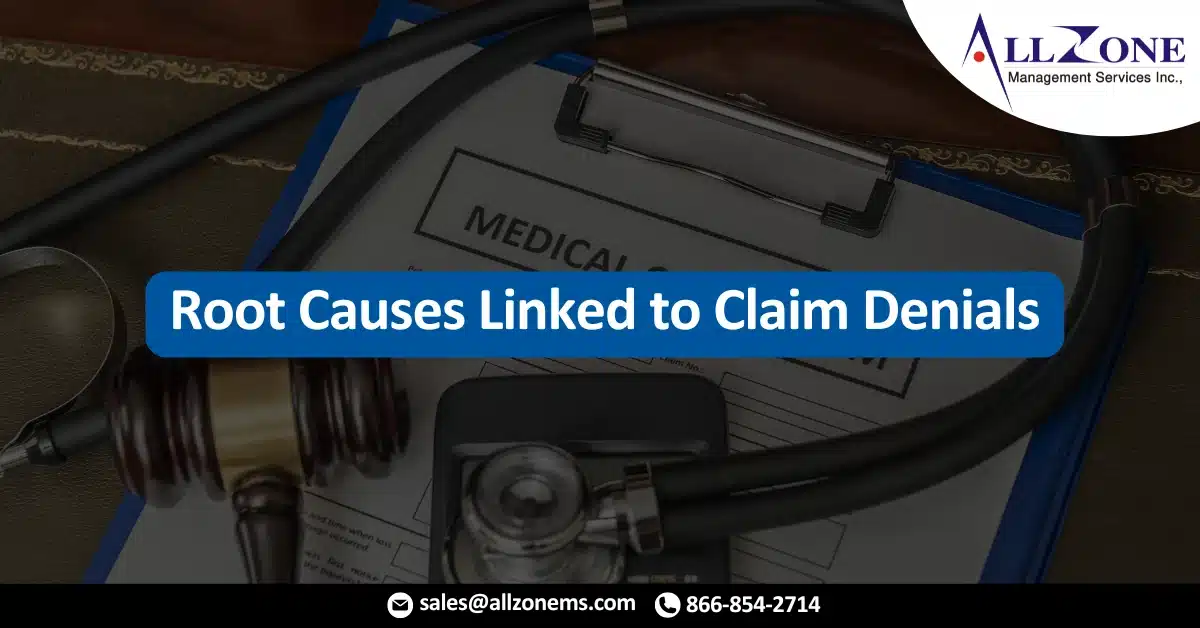Intelligent Automation (IA) is a major opportunity for healthcare providers in our country that can be an answer to the growing public health crisis. The state of healthcare in the United States is at an inflection point and the imperative to lower costs and drive efficiencies is greater now than at any other time in […]
Using a per-person adjustment for Medicaid payments to hospitals would address social determinants of health and help hospitals fund more comprehensive care, experts say. Adjusting Medicaid payments for social determinants of health would help address the broader social needs of children and cost restraints at safety-net hospitals, according to researchers from the Northwestern University Feinberg School of […]
Hospital and health system executives should monitor these proposals for provisions that will affect their organizations’ operations. The 2020 annual rule cycle has been active for CMS. Several proposals in the outpatient prospective payment system (OPPS) proposed rule is controversial, although there is at least one provider-friendly change. Here’s a roundup of five regulatory rules […]
Patients prefer online scheduling to talking on the phone, a new report shows. Patients would rather make their healthcare appointments online without speaking to anyone, a new report reveals. However, the report doesn’t address how such a model might impact revenue cycles that want to do pre-service insurance verification and collections. The report, from the […]
Most healthcare organizations partner with physician services groups for niche coverage. While outsourced medical services are available across all specialties, common areas for external physician support include anesthesia, radiology, wound care, and emergency medicine. However, when outsourced physician services are used, challenges to ensure accurate reimbursement for both components of care—the hospital portion and the […]
EDITOR’S NOTE: Five Looking at Ten is a month-long series on ICD10monitor and Talk Ten Tuesdays that examines lessons learned since the nation’s healthcare system adopted ICD-10 transition – many of which are expected to come into play with the looming transition to ICD-11. George Vancore of Blue Cross Blue Shield of Florida appeared as […]
Effective revenue cycle management can reduce hospice claim denials, particularly those associated with billing or documentation errors. In addition to slowing down payments or losing revenue, submitting inadequate or incomplete required written documentation is a sure-fire way to bring surveyors or auditors to a hospice’s doorstep. As regulators increasingly fix their eyes on the hospice space, providers […]
With patients seeing higher medical bills than ever and healthcare costs continuing to rise, healthcare organizations need to stay on top of the revenue cycle to ensure they can capture payments and be prepared for changes in 2020. Speaking at the annual meeting of the American Health Information Management Association (AHIMA) in Chicago, Cassi Birnbaum, […]
The Senate passed a continuing resolution that would temporarily stop the implementation of Medicaid DSH payment cuts until Nov. 22, 2019. CMS on Monday finalized a rule that will reduce Medicaid Disproportionate Share Hospital (DSH) payments by $4 billion next year and $8 billion a year until fiscal year 2025. The new final rule will implement Medicaid DSH payment […]
Three revenue cycle tips are provided to reduce denied claims. Claim denials represent millions of dollars in lost and delayed net reimbursement annually. According to the American Medical Association (AMA), cost estimates of inefficient healthcare claims processing, payment, and reconciliation top out at $210 billion per year. Claim denials are so common, they’ve become a fixture […]










